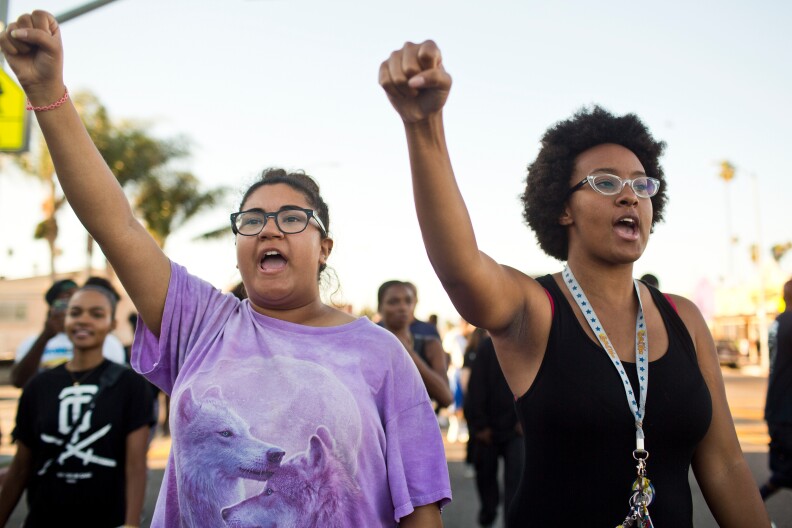A poll conducted by the USC Dornsife College of Letters, Arts and Sciences reveals some surprising thoughts from Californians on the subject of race. Two-thirds of study participants claim that race relations in California are better than anywhere else in the country. In addition, most of those polled believe racial conditions are improving, while fewer than 25 percent said things seem to be getting worse.
Dan Schnur is the director of USC’s Jesse M. Unruh Institute of Politics and he directed the poll. He says that the level of optimism about race relations varied depending on the race of the study participant.
“While the general feeling among all Californians was that race relations within their own communities were better, not surprisingly, white Californians and to a slightly lesser-extent Asian Americans were more positive,” he explained.
Though not every racial group had the same outlook on the state of race relations, Schnur says there was one thing that there was one thing that every group seemed to agree on: “Across the board, regardless of a person’s race or ethnicity, they pointed to African American relationships with the police as a particular trouble spot.”
Because of California’s natural diversity, daily interactions with various ethnicities are inevitable. Schnur says that, as a result of of these mandatory interactions, people are less likely to believe stereotypes or see groups other than their own as caricatures. This is good, he says, but it’s not optimal. “Even while Californians are more likely to happen to interact with people from different backgrounds, they do still tend to lag in terms of their intentional interaction,” he says.
The good news is that with each new generation of Californians, instances of intentional inclusion go up; in other words, Californians increasingly are going out of their way to hang out with a variety of people from different backgrounds. But even if numbers indicate that race relations have and will continue to improve, Schnur says that progress will only happen if community leaders make an effort. “Rather than waiting for it to happen, it’s to our community leaders’ credit that they’re trying to push the discussion forward.”
Press the play button above to hear more about the report’s findings. Afterward, weigh in with you think about diversity in California in the comment section below.



